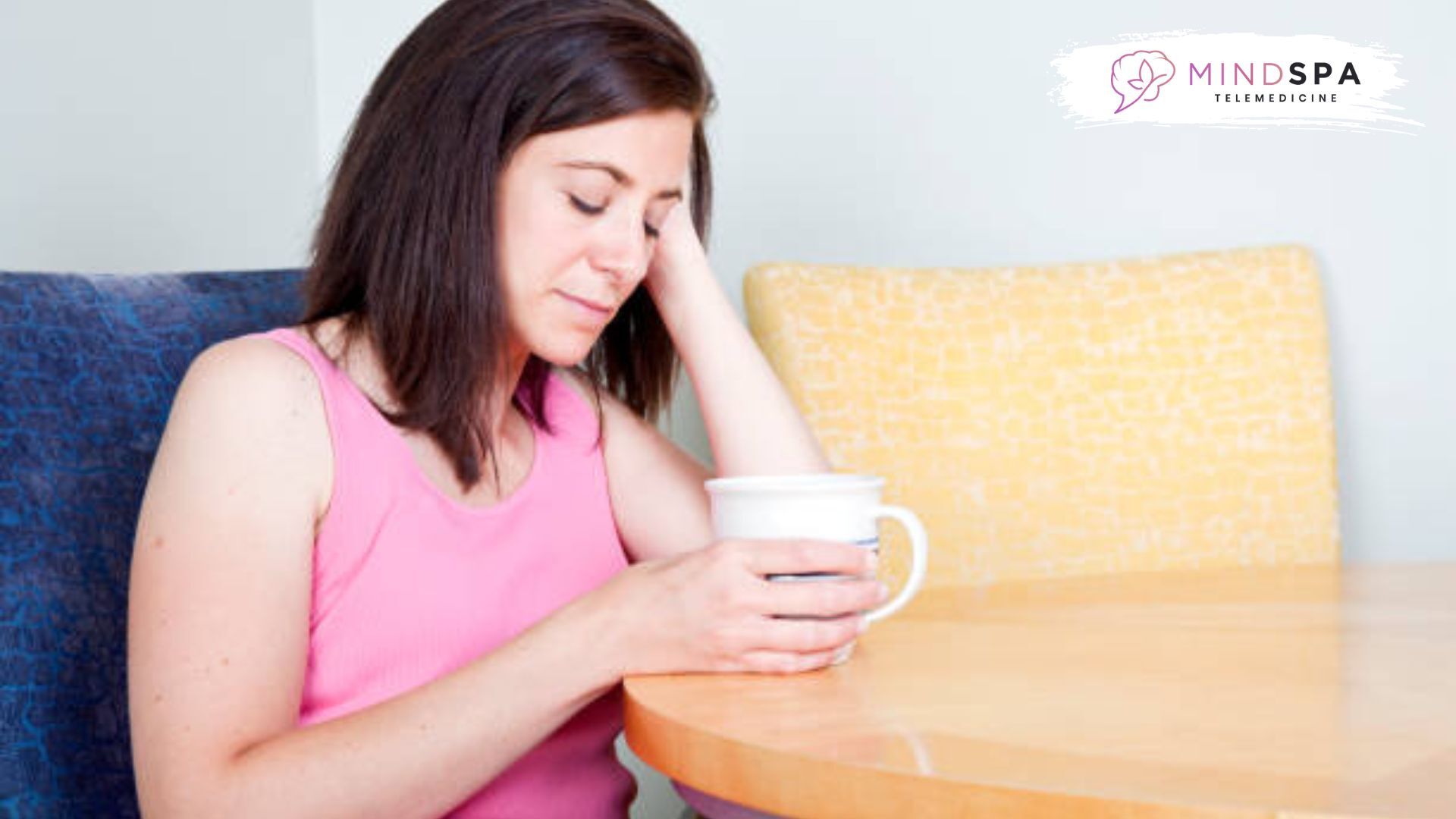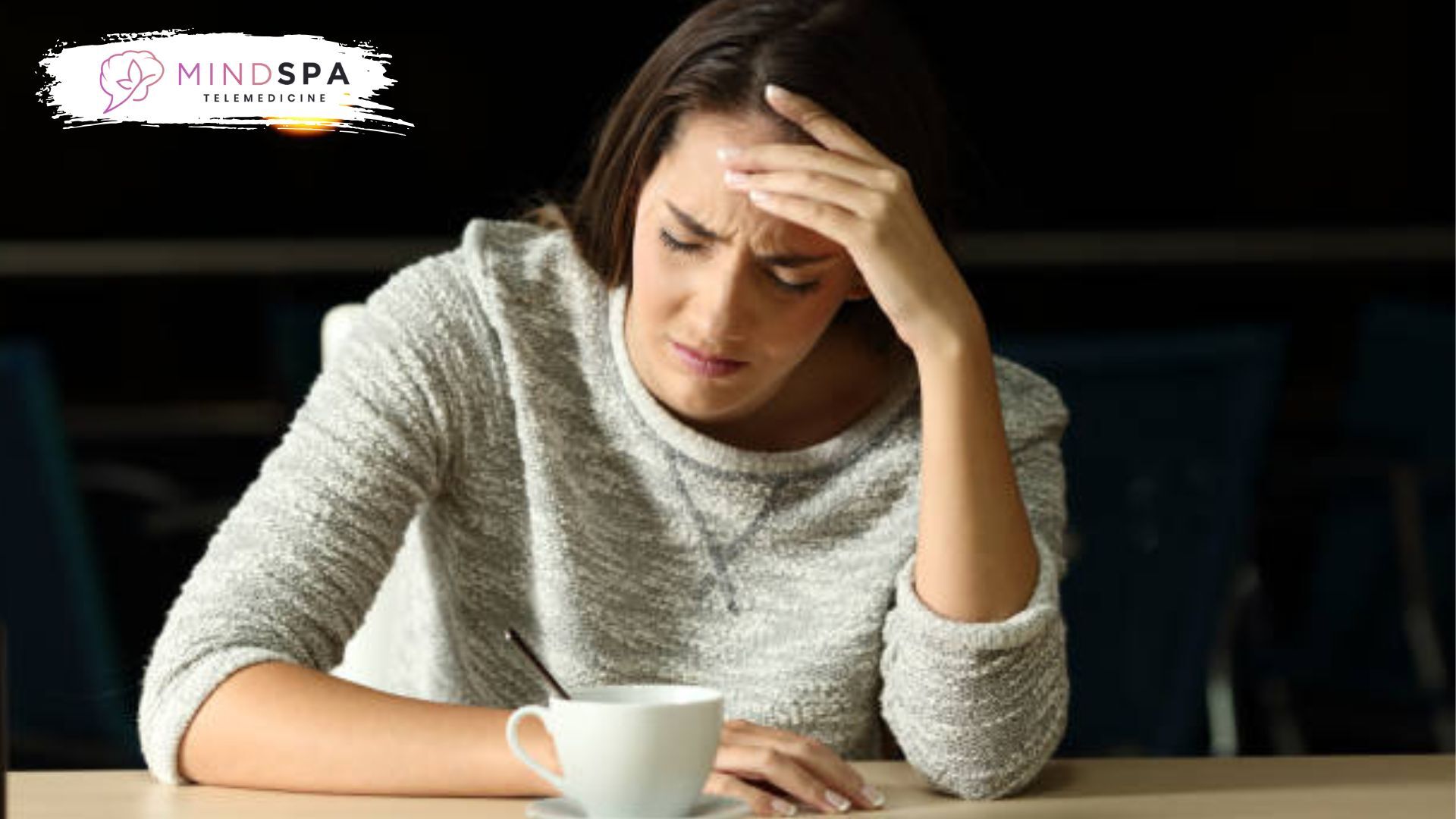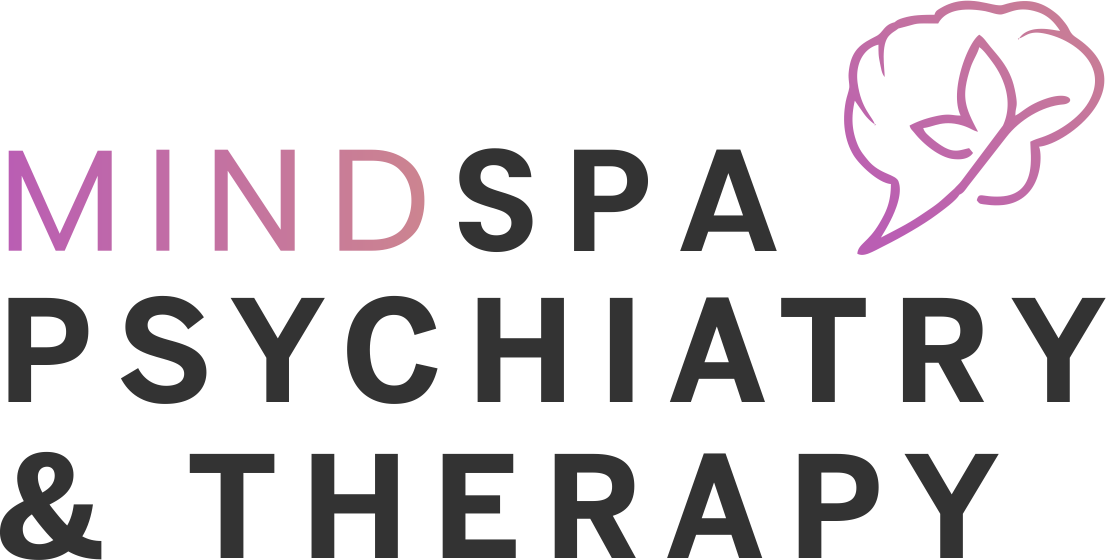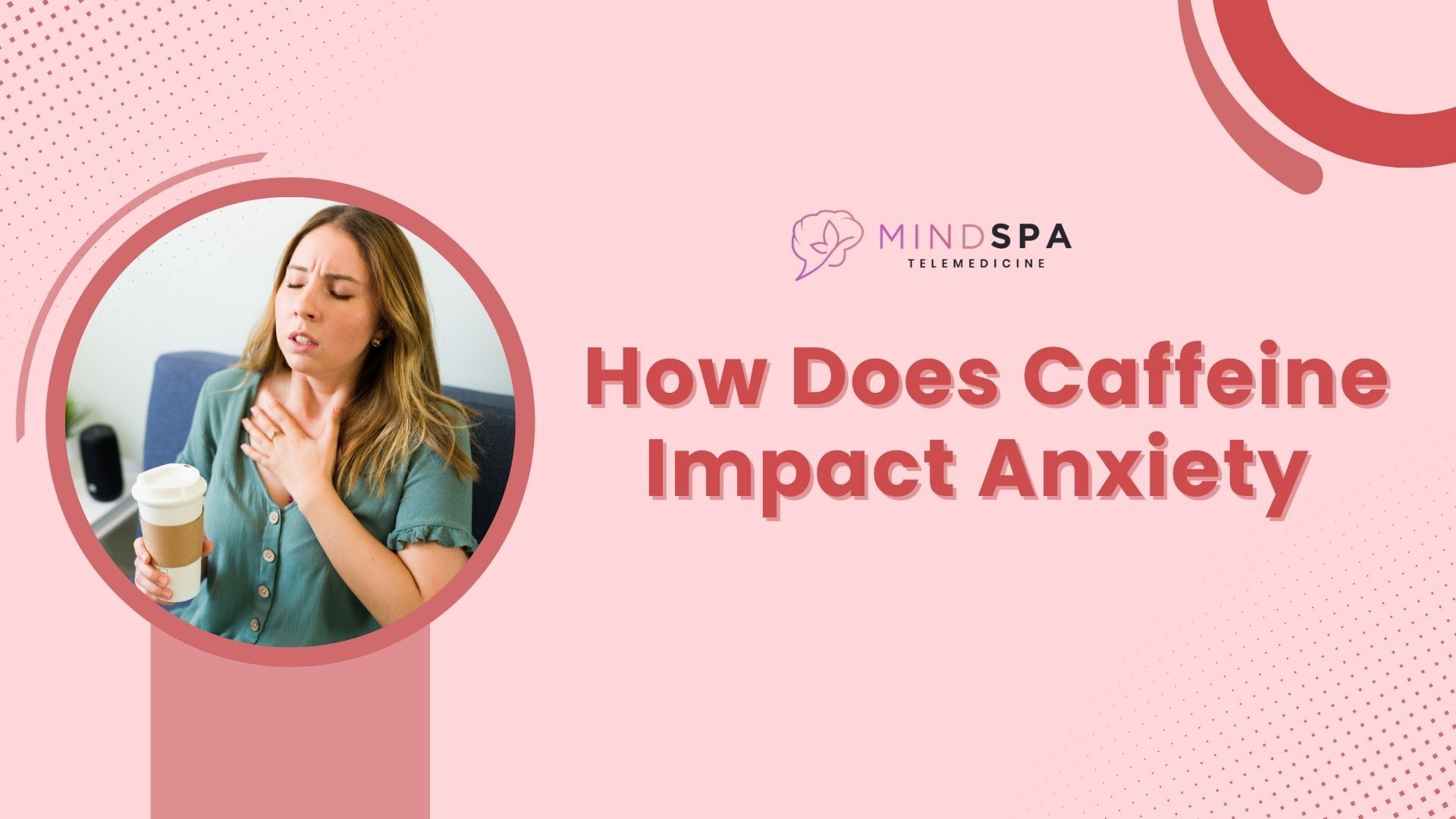Caffeine is easily one of the most regularly used substances in the global population. Whether it is having a coffee beverage in the morning or a tea break in the afternoon, caffeine is used to enhance alertness. However, its effects on anxiety remain an area of interest and controversy, especially for those users who experience anxiety.
Knowing how caffeine affects the body and brain will equip you with information regarding the moderation of caffeine intake while dealing with anxiety.
The Connection Between Caffeine and Anxiety
Caffeine impacts the central nervous system. It inhibits adenosine receptors that put the body to sleep, thus increasing adrenaline and dopamine levels in the body. While this may result in increased alertness and a better mood, it can also worsen anxiety symptoms in persons who are easily affected by caffeine.
Research revealed that there is a clear relationship between caffeine consumption and increased anxiety rates among persons with anxiety disorders. Moderate consumption of about 200 mg (or two cups of coffee) can increase nervousness, restlessness, and jitteriness among people. This is because caffeine triggers the ‘fight or flight’ response, which is highly active for persons with anxiety disorder.

Should You Cut Out Caffeine If You Have Anxiety?
The answer to this question will naturally depend on your personality and on how caffeine influences you.
Some individuals can experience anxiety or worsened anxiety symptoms upon consuming caffeine and thus should avoid caffeine as much as possible. In this case, moderate use of the substance can have little to no effect on their anxiety levels.
It is advisable to cut down the caffeine consumption little by little to avoid withdrawal symptoms like headache, agitation and tiredness. According to research, one should pay attention to his or her mood after consuming caffeine and modulate the amount of caffeine ingested. Discover that coffee is one of the things that make your anxiety worse. Considering that caffeine stimulates the nervous system and may exacerbate anxiety, it might be helpful to try caffeine-free beverages like herbal teas or decaffeinated coffee as a part of the anxiety reduction plan.
The Paradox of Caffeine: Can It Calm You Down?
You may wonder how something like caffeine, a stimulant, can be calming simultaneously. However, some people say that caffeine has a positive effect on concentration and makes them feel more confident, which helps combat anxious feelings in specific contexts.
This is particularly good news for those diagnosed with Attention Deficit/Hyperactivity Disorder (ADHD), where caffeine serves to regulate mood and attention.
However, for most individuals, particularly those who are anxiously predisposed, caffeine leads more to an increase in feelings of tension rather than relief. The calming effect some people experience may be due to the ritualistic aspect of drinking coffee or the placebo effect, rather than the actual physiological impact of caffeine.
The Craving for Coffee: A Sign of Underlying Anxiety?
Craving coffee or other caffeinated beverages during times of anxiety is not uncommon. This craving can be attributed to several factors. First, caffeine’s stimulatory effects may create a temporary sense of control and alertness, which can be appealing when feeling overwhelmed or fatigued due to anxiety.
Additionally, the routine of drinking coffee can provide a comforting, familiar experience that temporarily distracts from anxious thoughts.
However, it’s essential to recognize that while coffee may offer short-term relief, it can also create a cycle where the anxiety-induced craving leads to increased anxiety after caffeine consumption. This cycle can make anxiety management more challenging in the long run.
Practical Tips for Managing Caffeine Intake and Anxiety
Here are some practical tips that you can utilize to manage caffeine intake and anxiety –
- Know Your Limits: Be aware of signs of caffeine sensitivity. In case you have observed that your anxiety is usually high after taking coffee, then it is advisable to cut down the amount of coffee you take.
- Gradual Reduction: If you want to reduce your caffeine intake, then you should do it slowly to avoid withdrawal. It is advised to cut down on caffeine consumption gradually. Therefore, start by eliminating one cup of the beverage daily.
- Stay Hydrated: Dehydration can cause anxiety-like symptoms or exacerbate them. Ensure that you take a lot of water in a day especially when you take products such as tea or coffee because they remove water from your body.
- Explore Alternatives: Herbal teas, such as chamomile or peppermint, can provide a soothing alternative to caffeinated beverages without exacerbating anxiety symptoms.
- Mindful Consumption: Some other foods and substances that contain caffeine and should also be avoided include chocolate, prescription drugs and energy beverages.

Conclusion
It is important to know how caffeine affects the body and mind, particularly when it comes to anxiety. Although it might temporarily solve anxiety or provide consolation, the consumption of such substances might only make the condition worse, creating a vicious circle. It is crucial to assess your caffeine consumption if you are aiming for proper control of anxiety.
Reflect on the role of caffeine in your life and its impact on your psychological well-being. Thus, by controlling the amount consumed and searching for alternatives, anxiety can be reduced and overall well-being will be enhanced. You should always bear in mind that moderation is the name of the game and even slight changes can bring about significant results.
Related Questions
How does caffeine affect anxiety?
Caffeine is known to elevate the level of anxiety since it is a stimulant that works on the central nervous system hence it causes excitement, nervousness and irritability. Such people may suffer from anxiety even when they consume moderate amounts of caffeine, even if they do not suffer from caffeine addiction.
Should I cut out caffeine if I have anxiety?
If you have realized that caffeine worsens your anxiety symptoms, then you may have to cut it out of your diet. Caffeine withdrawal symptoms may be reduced if one decreases the amount of caffeine consumption gradually.
Can caffeine calm you down?
While some individuals report that caffeine helps them focus and feel more in control, it is more likely to increase feelings of tension and anxiety in most people.
Why do I crave coffee when I'm anxious?
Craving coffee during times of anxiety can be due to caffeine’s temporary stimulating effects, which may create a sense of control and alertness. However, this craving can lead to a cycle where caffeine increases anxiety in the long run.

